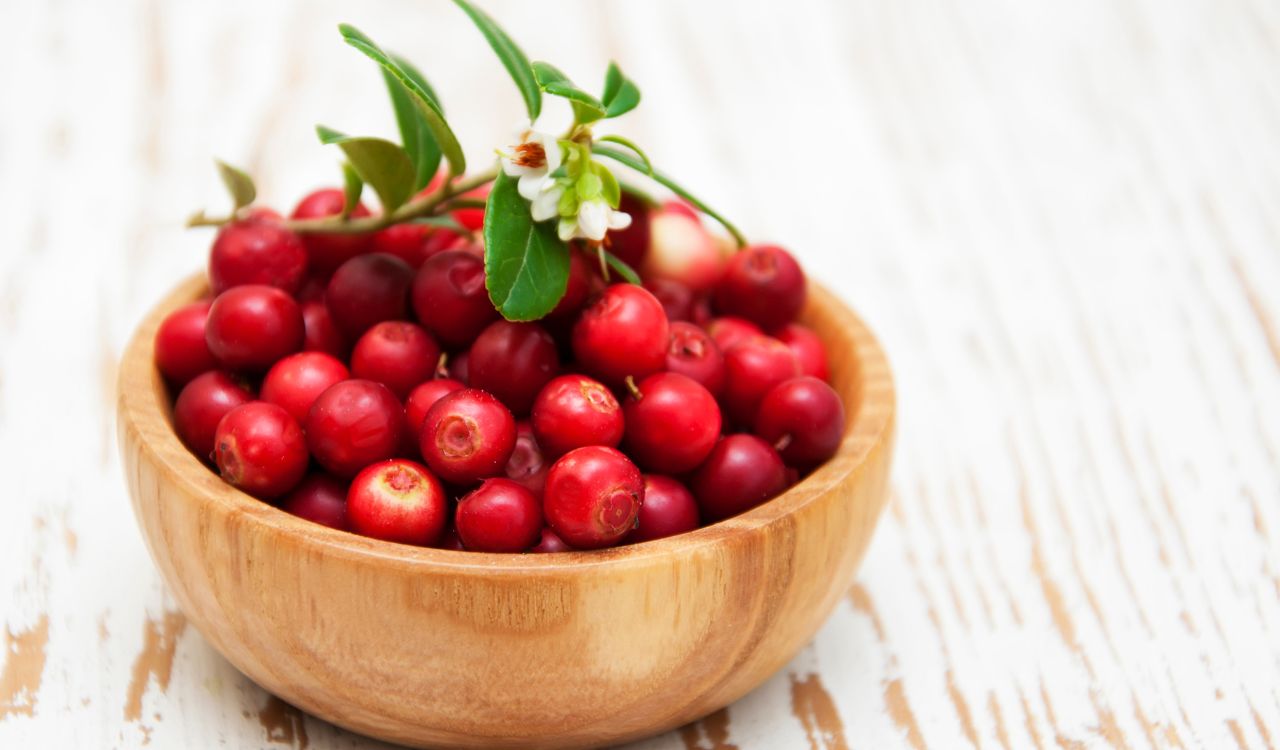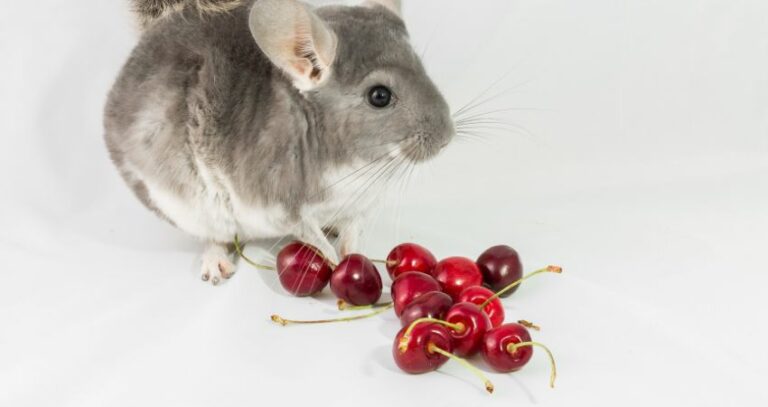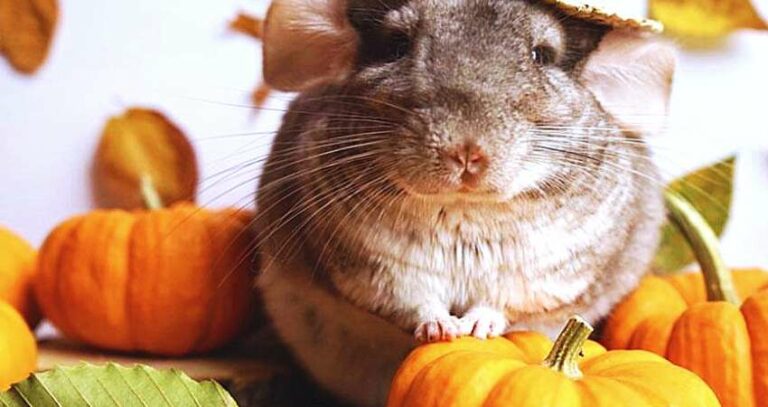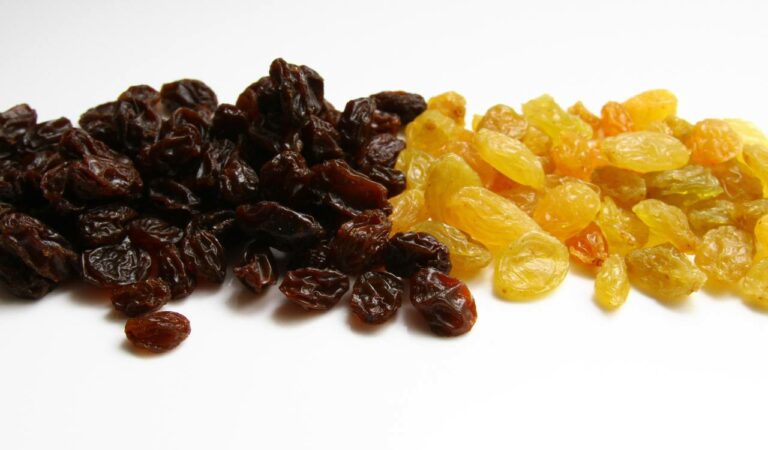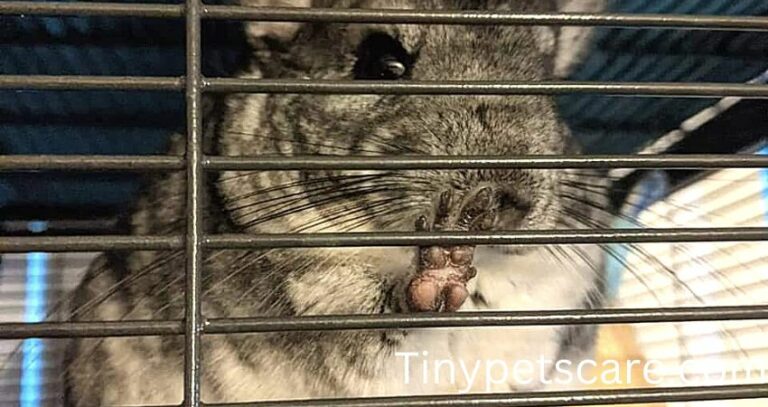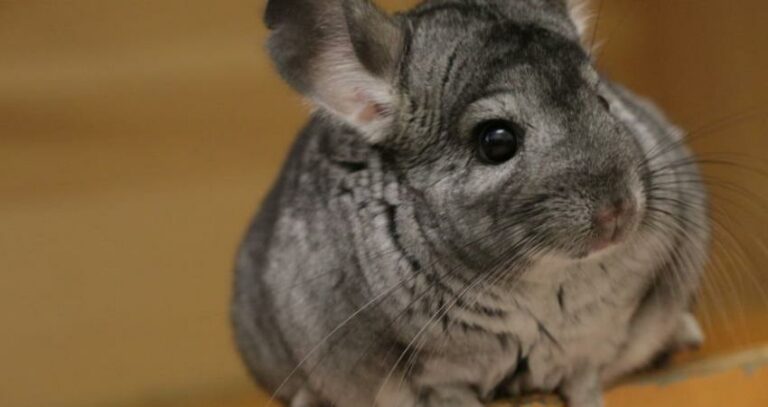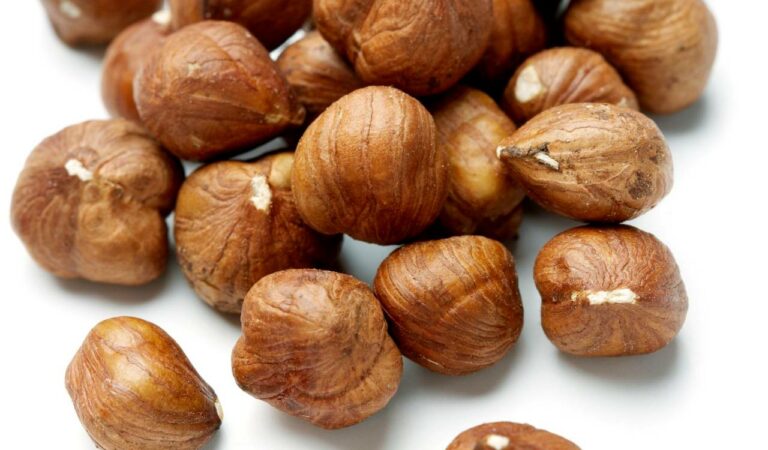Can Chinchillas Eat Cranberries? (As An Occasional Treat)
Chinchillas are herbivorous rodents that require a unique diet for necessary nutrients to thrive. They need a high-fiber diet with plenty of hay and fresh fruits and vegetables to supplement their nutrition. However, we often wonder whether chinchillas can eat certain human foods, like cranberries.
Yes, Chinchillas can eat cranberries. Yet, it’s important to keep in mind that cranberries should only be given to chinchillas as an occasional treat, and in small amounts. This is because cranberries are high in sugar and acidity.
In this article, I will provide a comprehensive guide on chinchilla dietary needs, the nutritional profile of cranberries, potential benefits, risks, and more.
Can Chinchillas Have Cranberries?
Yes, chinchillas can. However, as herbivorous animals, Chinchillas’ diet consists of hay, fresh vegetables, and some fruits in moderation. Thus, not all fruits are suitable for chinchillas, and cranberries are one of those fruits that require careful consideration before feeding your furry friend.
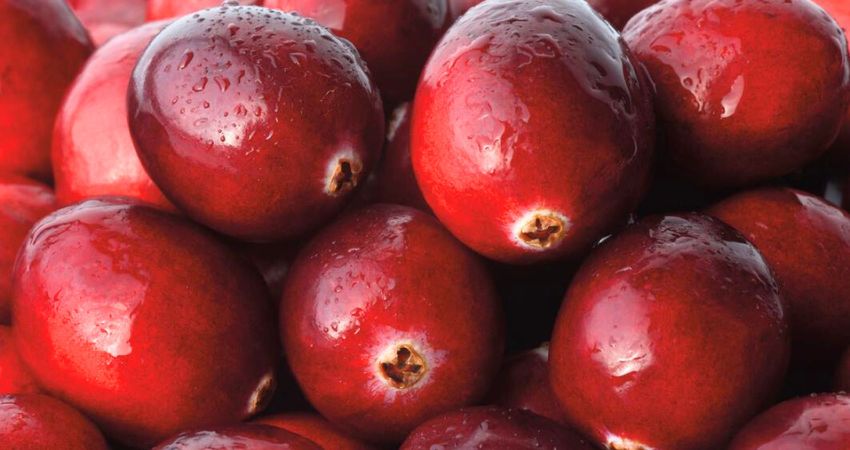
They are harvested in the fall and can be found fresh, frozen, or dried in most grocery stores.
Do Chinchillas Like Cranberries?
Of course, chins love cranberries, especially the dried ones. However, as we stated earlier it should be given as an occasional treat and in small quantities because of its high sugar content.
Can Chinchillas Eat Dried Cranberries?
yes, chinchillas can safely eat dried cranberries in moderation. However, dried cranberries offer little nutritional value.
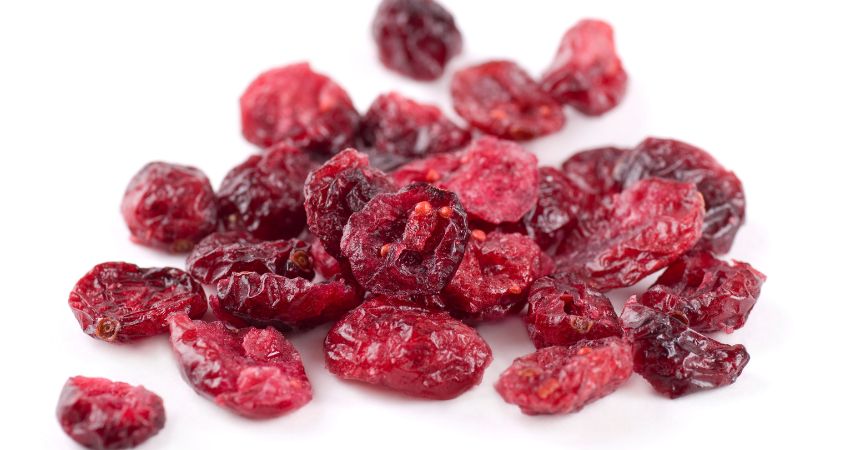
These tiny fruits are used to reward good behavior or teach new tricks. But it’s important to limit their intake because they are high in sugar like other fruits.
While chinchillas may enjoy a variety of fruits and vegetables as treats, it’s important to introduce new foods slowly and in small amounts to avoid upsetting their sensitive digestive systems.
Nutritional Content of Cranberries
Cranberries are low-calorie fruit that is rich in vitamins and minerals. They are an excellent source of vitamin C, vitamin K, and fiber. In addition to their vitamin and mineral content, cranberries are also rich in antioxidants. One cup of raw cranberries contains approximately:
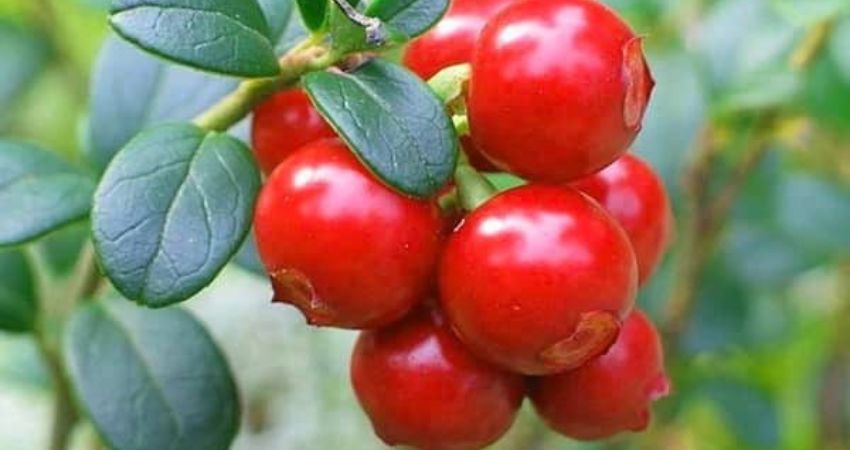
- Calories: 46 Kcal
- Water 87%
- Carbohydrates: 12 grams
- Fiber: 4 grams
- Protein: 0.4 grams
- Sugar: 4 grams
- Fat: 0.1 grams
- Vitamin C: 16% of the recommended daily value
- Vitamin K: 5% of the recommended daily value
Health Benefits of Cranberries for Chinchillas
Cranberries offer numerous health benefits to your pet when consumed moderately. Some of the potential benefits of cranberries for humans may also apply to chinchillas. This includes:
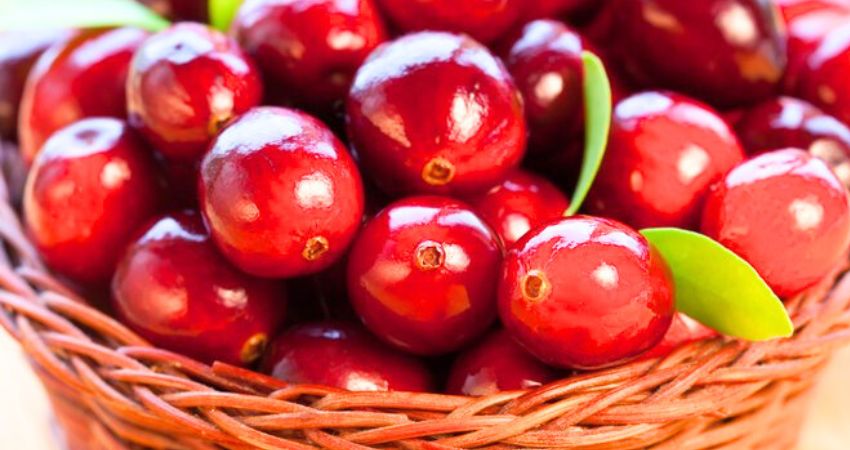
Improved Immune Function
Cranberries are rich in vitamin C, which is known to support immune function in both humans and animals. Feeding your chinchilla cranberries may help to boost their immune system and protect them against illnesses and infections.
Antioxidant Protection
Cranberries are rich in antioxidants that help prevent cell damage and reduce inflammation. Feeding your chinchilla cranberries will help to promote overall health and reduce the risk of certain diseases.
Improved Digestive Health
As a good source of fiber, it helps promote healthy digestion in chinchillas. Feeding your chinchilla cranberries will help to support their digestive system. Also, prevent constipation and other gastrointestinal issues.
Dental Health
Chinchillas have teeth that continue to grow throughout their lives. A diet rich in fiber keeps teeth healthy and prevents dental problems. The high fiber content of cranberries may help to promote dental health in chinchillas when consumed in moderation.
Urinary Tract Health
Cranberries contain compounds that can prevent bacteria from adhering to the urinary tract lining, which may be beneficial in preventing urinary tract infections in chinchillas.
How Many Cranberries Can Chinchillas Eat? How Often
Cranberries should only be given to chinchillas occasionally. Experts recommend that chinchillas should consume no more than 1 or 2 small pieces of cranberry per week.
Not whole ones it’s little pieces. Consulting with a veterinarian helps ensure that your pet is receiving a balanced and nutritious diet.
How Do You Prepare Cranberries for Chinchillas
Here are some tips to help you feed cranberries to your chinchilla safely.
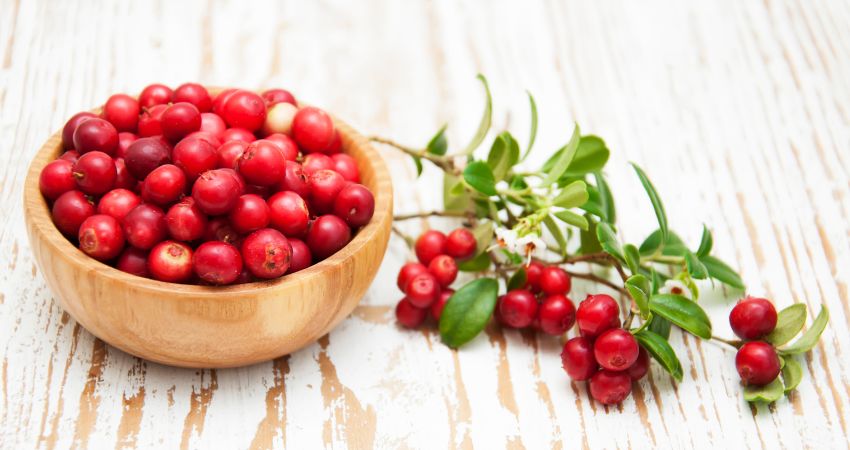
- Introduce cranberries gradually and in small amounts
- Wash the cranberries thoroughly before feeding them to your chinchilla
- Cut the cranberries into small pieces and remove any seeds to prevent choking hazards
- Feed only fresh cranberries, as dried cranberries often contain added sugar and preservatives, which can be harmful to your chinchilla
- Always provide fresh water to your chinchilla after feeding them cranberries to help flush out any sugar or acidity
- Monitor your chinchilla’s reaction after eating cranberries. If you notice any signs of discomfort or digestive issues, stop feeding them immediately.
Tips For Feeding Cranberries to Chinchillas Safely
Here are some tips to help you feed cranberries to your chinchilla safely.
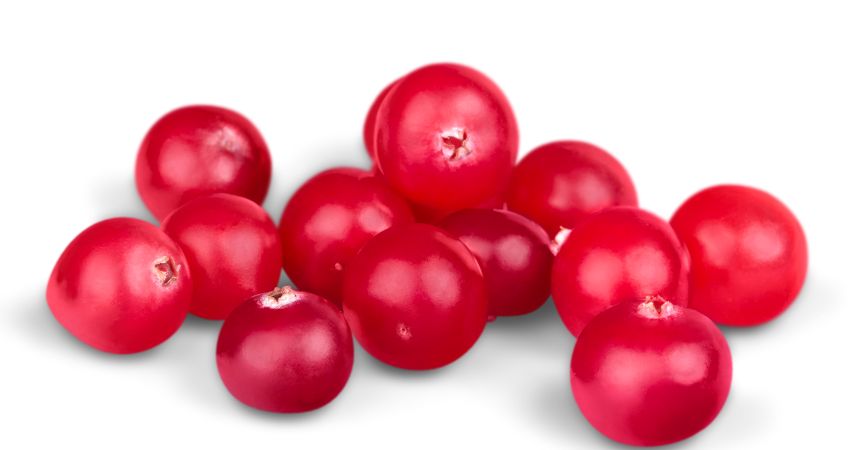
- Introduce cranberries gradually and in small amounts.
- Wash the cranberries thoroughly before feeding them to your chinchilla.
- Cut the cranberries into small pieces and remove any seeds to prevent choking hazards.
- Feed only fresh cranberries, as dried cranberries often contain added sugar and preservatives, which can be harmful to your chinchilla.
- Always provide fresh water to your chinchilla after feeding them cranberries to help flush out any sugar or acidity.
- Monitor your chinchilla’s reaction after eating cranberries. If you notice any signs of discomfort or digestive issues, stop feeding them immediately.
Risks of Feeding Chinchillas Cranberries
When introducing new food items to your chinchilla’s diet, it is essential to consider their nutritional needs, digestive capabilities, and potential health risks. While cranberries have some health benefits, they also pose some risks when fed to chinchillas. Here are some potential risks of feeding chinchillas cranberries:
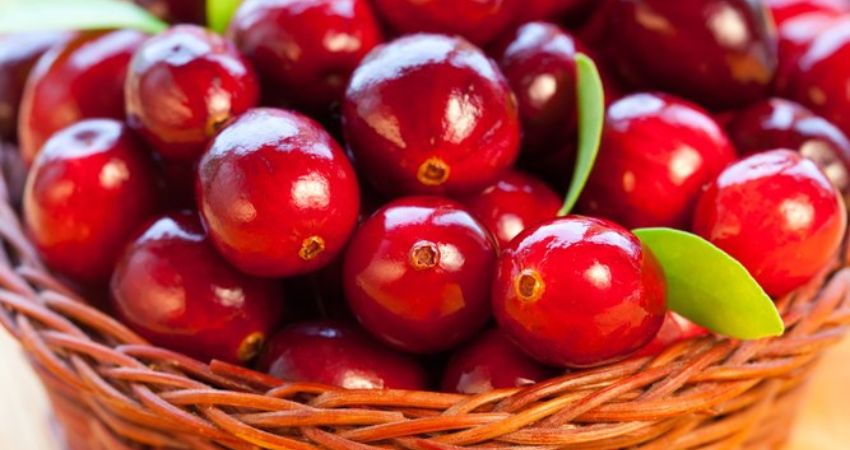
Obesity
Cranberries are high in sugar, which can lead to weight gain and obesity in chinchillas. Obesity can also increase the risk of health problems such as diabetes, heart disease, and respiratory issues.
Dental Issues
Chinchillas have open-rooted teeth that continue to grow throughout their life. A high-sugar diet, including cranberries, can cause dental problems such as tooth decay, malocclusion, and overgrowth.
Digestive Problems
Excessive consumption of cranberries can cause digestive problems such as diarrhea, bloating, and stomach upset in chinchillas. These issues can lead to dehydration, malnutrition, and even death in severe cases.
Can Chinchillas Eat Cranberry Leaves or Stems?
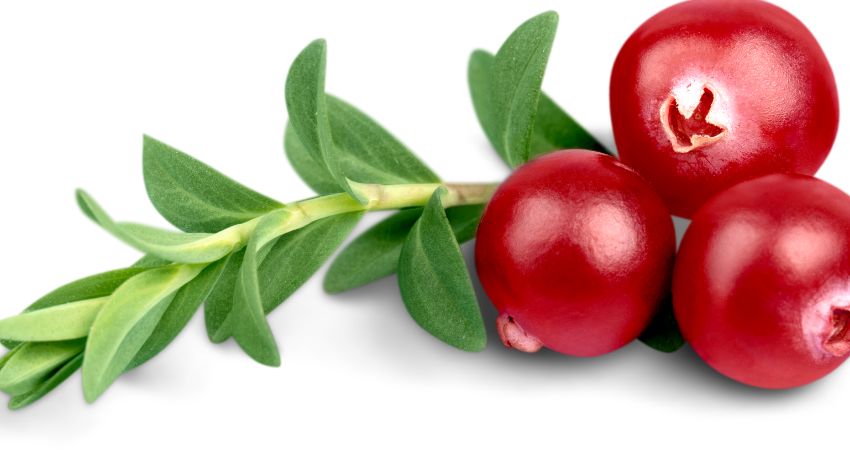
Cranberry leaves and stems are not commonly fed to chinchillas, and there is limited information available about their safety for these animals. As a responsible chinchilla owner, avoid giving chinchillas cranberry leaves or stems until confirmed safe by research or expert advice.
What Other Berries Can Chinchillas Eat?
Chinchillas can eat a variety of berries in small quantities as occasional treats. Safe options include
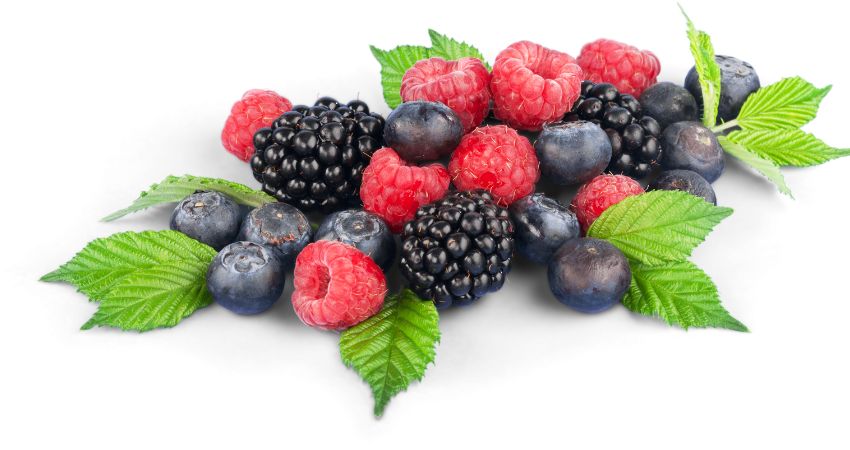
- Goji berries
- Blackberries
- Blueberries
- Blackberries
Remember, treats for chinchillas should only constitute a minor portion of their overall diet.
Foods To Avoid In A Chinchilla’s Diet
Chinchillas thrive on a diet high in fiber, low in fat, and rich in vitamins and minerals. For them, foods such as chocolate, dairy products, nuts, and seeds should be avoided.
Foods heavy in sugar, which can cause dental problems, as well as grapes, peas, lettuce, and asparagus, etc., are harmful. These foods can also cause digestive issues such as diarrhea, bloating, and even death.
With That Said
Chinchillas have unique dietary needs as herbivores that require a balanced and nutritious diet. While cranberries can be given to chinchillas as an occasional treat in small amounts, it’s important to be mindful of their high sugar and acidity content. Besides, introducing new foods to a chinchilla’s diet should be done gradually to prevent digestive issues.
Also, it’s recommended to supplement the chinchilla diet with hay, pellets, and freshwater while offering small amounts of vegetables and fruits as occasional treats. Ultimately, the best way to ensure your chinchilla’s health is to consult a veterinarian or animal nutritionist for personalized advice and guidance on their diet.
